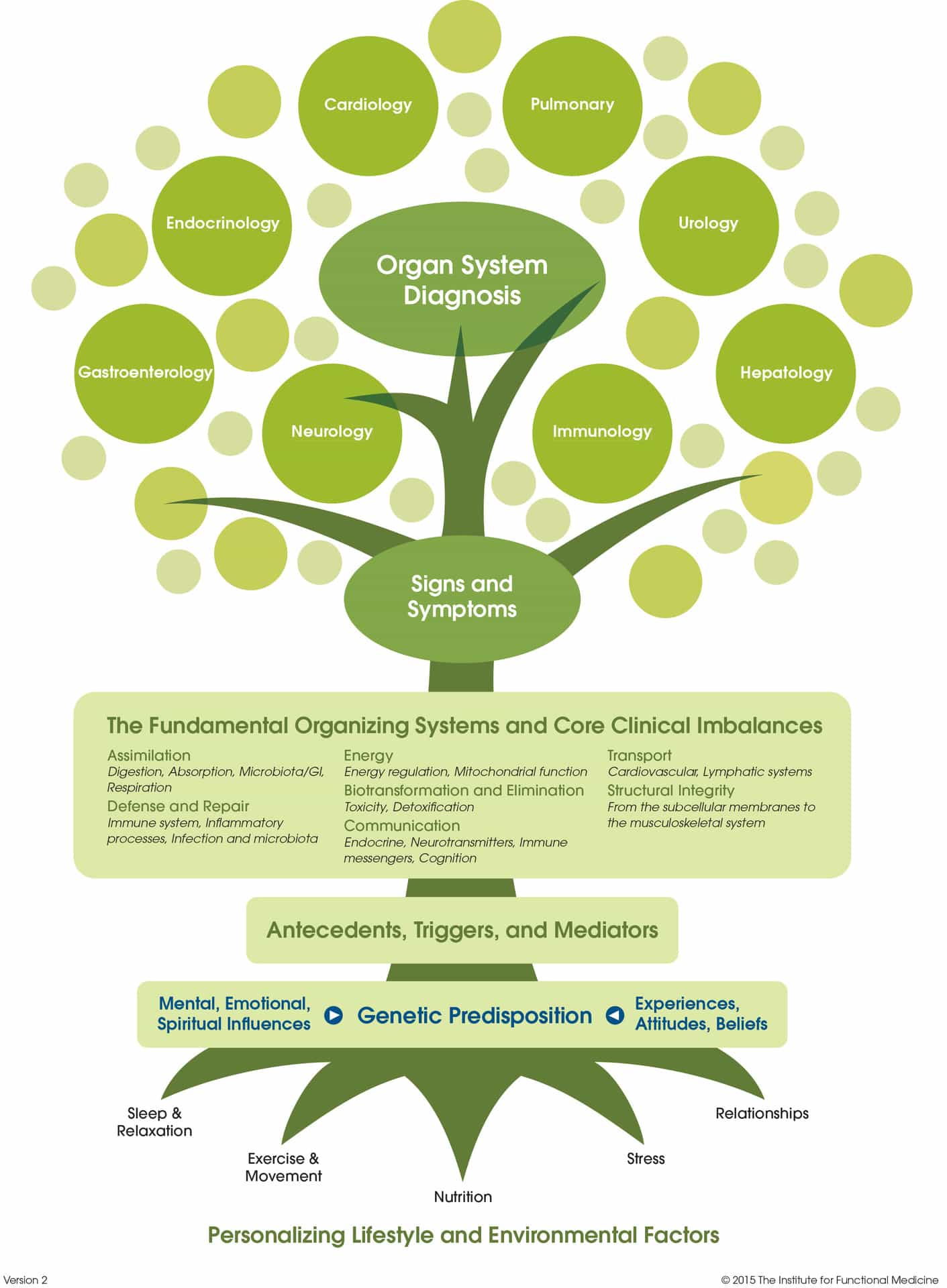Our society is experiencing a sharp increase in the number of people who suffer from complex, chronic diseases, such as diabetes, heart disease, cancer, mental illness, and autoimmune disorders like rheumatoid arthritis.
The system of medicine practiced by most physicians is oriented toward acute care, the diagnosis and treatment of trauma or illness that is of short duration and in need of urgent care, such as appendicitis or a broken leg.
Unfortunately, the acute-care approach to medicine lacks the proper methodology and tools for preventing and treating complex, chronic disease.
There’s a huge gap between research and the way doctors practice. The gap between emerging research in basic sciences and integration into medical practice is enormous—as long as 50 years—particularly in the area of complex, chronic illness.
Most physicians are not adequately trained to assess the underlying causes of complex, chronic disease and to apply strategies such as nutrition, diet, and exercise to both treat and prevent these illnesses in their patients.
Functional Medicine involves understanding the origins, prevention, and treatment of complex, chronic disease.
Hallmarks of a Functional Medicine approach include:
- Patient-centered care. The focus of functional medicine is on patient-centered care, promoting health as a positive vitality, beyond just the absence of disease.
- An integrative, science-based healthcare approach. Functional Medicine practitioners look “upstream” to consider the complex web of interactions in the patient’s history, physiology, and lifestyle that can lead to illness. The unique genetic makeup of each patient is considered, along with both internal (mind, body and spirit) and external (physical and social environment) factors that affect health in many ways.
- Integrating best medical practices. Functional Medicine integrates traditional Western medical practices with what are sometimes considered “alternative” or “integrative” medicine, focussing on both prevention of disease and treatment of disease and symptoms through creating personalized optimal nutrition, sleep, exercise, stress management and toxin reduction strategies. Functional Medicine also uses the latest advanced laboratory testing and other diagnostic techniques. Treatment plans also include nutritional supplement/herbal recommendations, and select medication addition when needed.






